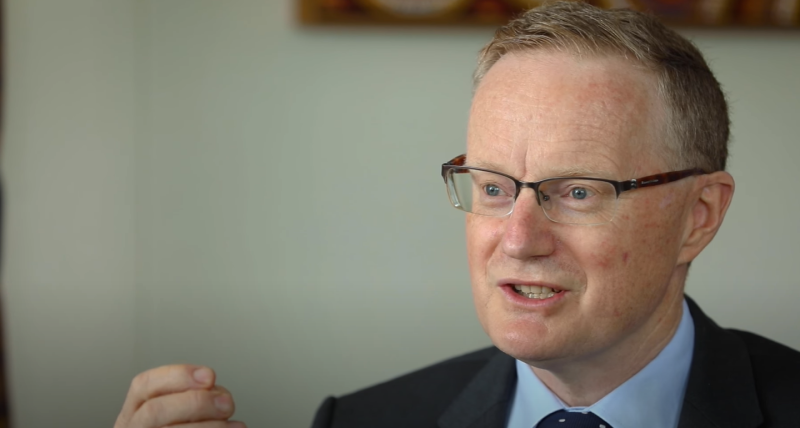- The rate increased by 0.5% from 1.85%
- The fifth consecutive rise from the 0.1% record-low rate in place for over a year
As expected, the Reserve Bank of Australia (RBA) has increased the cash rate for the fifth consecutive month.
Now the rate is 2.35% from 1.85% last month – extraordinary given it was just 0.1% as recent as Easter, and also extraordinary given RBA Governor Dr Philip Lowe was adamant rates wouldn’t rise until 2024.
Inflation is now at its highest level since the GST was introduced in 2000.
Announcing the rate rise, Dr Lowe said the Board is committed to returning inflation to its 2-3% target over time.
“It is seeking to do this while keeping the economy on an even keel. The path to achieving this balance is a narrow one and clouded in uncertainty, not least because of global development,” he said.
“The outlook for global economic growth has deteriorated due to pressures on real incomes from high inflation, the tightening of monetary policy in most countries, Russia’s invasion of Ukraine, and the COVID containment measures and other policy challenges in China.”
Dr Lowe added that inflation is expected to peak alter this year.
“The expected moderation in inflation reflects the ongoing resolution of global supply-side problems, recent declines in some commodity prices and the impact of rising interest rates.
“Medium-term inflation expectations remain well anchored, and it is important that this remains the case. The Bank’s central forecast is for CPI inflation to be around 7¾ per cent over 2022, a little above 4 per cent over 2023 and around 3 per cent over 2024.”
He concluded his statement but noted that the Board expects to increase interest rates further, although it is “”not on a pre-set path”
“The size and timing of future interest rate increases will be guided by the incoming data and the Board’s assessment of the outlook for inflation and the labour market. The Board is committed to doing what is necessary to ensure that inflation in Australia returns to target over time.”
Industry response
Lance Goodman, CEO of Compare Club, noted the interest rises have already had an impact on the housing market, with lending volumes on the decline.
“Some economists are calling for the RBA to review their previously aggressive rate rise tactics, and consider softening their rate increase view given the effects taking place in the market,” said Mr Goodman.
“Our view is that rates will probably continue to rise into the end of this year and early next year, but hopefully not as aggressively as we’ve seen recently.
“It would seem more people are holding rather than buying and waiting to see where the market bottoms out, which is likely to be in some ways contributing to further falls in property values, given the reduced demand.
“The good news is, we’re still in a buyers market, so first home buyers who can afford to get on the ladder, people looking to move up the property ladder, and property upgraders can all benefit.
“Commentary from the RBA suggests that they still don’t think that inflation is under control but they will need to balance the impact of rising living costs and recent interest rate rises, with the impact that’ll have on consumer spending in months to come. It’s going to be a tight juggling act.”
The RBA has indicated that it expects interest rates to stabilise in early 2023.
“That has given a bit more confidence to the market, and we’ve seen some lenders start to cut their fixed rates on 3-5 year loans as a result,” he added.
“Overall, fixed rate products are still quite high in comparison to current variable rate mortgages, but the drops would indicate some softening of the 2 year plus projection of interest rate rises and that could make a longer-term fixed rate a little more affordable for those who can afford it and want stability on their loan.”
A recent Canstar survey has revealed that two-thirds of Australians won’t be severely impacted by the rate rises. However, about 12% said they will have to cut back on essentials to meet increased loan repayments.








